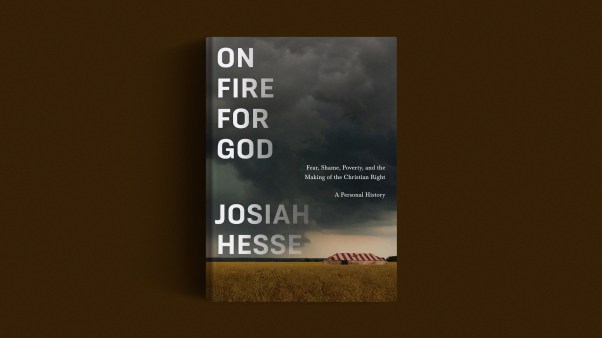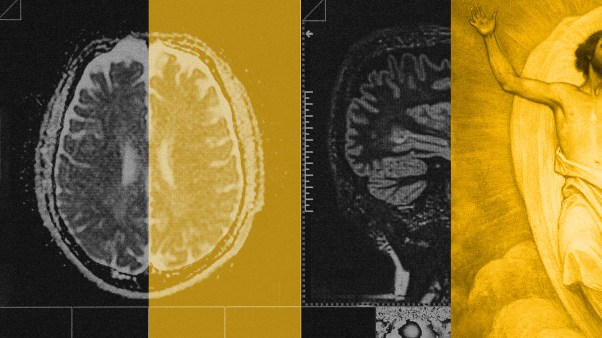"When I came to this blessed family, I then saw, and never before, the power of godliness in its lively vigor and efficacy."
Historians customarily date the beginning of the modern missionary movement in 1792, with William Carey's voyage to India. But a full 150 years earlier, Puritan John Eliot was evangelizing Native Americans—though the long-range impact of his work was destroyed by colonists' fears.
Impressed with the vigor of godliness
Eliot was born to a wealthy family in Herfordshire, England. After graduating from Cambridge in 1622, he came under the influence of Puritan pastor Thomas Hooker, the man chiefly responsible for his conversion: "When I came to this blessed family," Eliot later wrote, "I then saw, and never before, the power of godliness in its lively vigor and efficacy."
In 1631, as Anglican leaders applied heat to Puritans, Eliot emigrated to Roxbury, Massachusetts. There he became pastor of a church composed of many of his English friends. The following year, he married Ann (Hannah) Mumford.
Timeline |
|
|
1567 |
Presbyterian Church becomes state church of Scotland |
|
1588 |
British Navy defeats Spanish Armada |
|
1600 |
East India Company Chartered |
|
1604 |
John Eliot born |
|
1690 |
John Eliot dies |
|
1729 |
Jonathan Edwards becomes pastor at Northampton |
The main legacy of Eliot's early years was producing the first book published in America: the Bay Psalm Book (1640), which put the psalms in metrical verse.
Eliot was a quintessential Puritan: he was frugal, eating just one plain dish for dinner. He also rejected tobacco, wigs, and long hair for men. But he was unique in this: he cared deeply for the Indians who populated New England. At Roxbury, he began learning Algonkian and by 1647 was preaching in the native tongue. He began translating and in 1663 published the entire Algonkian Bible—the first Bible printed in America.
Unfortunately, he was a product of his age: he confused Christianity with English culture. He delayed many Indian baptisms "until they were come up unto civil cohabitation, government, and labor, which a fixed condition of life will put them upon." In other words, until they began living like Englishmen, "they were not so capable to be trusted with that treasure of Christ."
This meant, among other things, haircuts for the men, English clothing for all, and moving Indians into villages patterned after English towns. By 1674, there were 14 such towns with a total of 1,100 "praying Indians," as they were called.
Ministering to broken bands
The system gave some Indians the rudiments of the Christian faith and some training for the ministry. But it also isolated them, both from their own people (whose culture they were required to reject) and from their English sponsors (they were not even permitted to join Puritan churches).
During the bloody King Philip's War (1675–76) between Wampanoags and the English, the "praying Indians" were caught in the middle. Though they supported the English, the English colonists distrusted their loyalty, rounded them up, and confined them to concentration camps. The war not only destroyed the trust of the Indians, but also nearly all copies of Eliot's Algonkian Bible and all but four of the Indian villages.
Eliot refused to be discouraged, and he continued to minister to broken bands of Indians until his death. Villages of "praying Indians" continued into the early eighteenth century.









